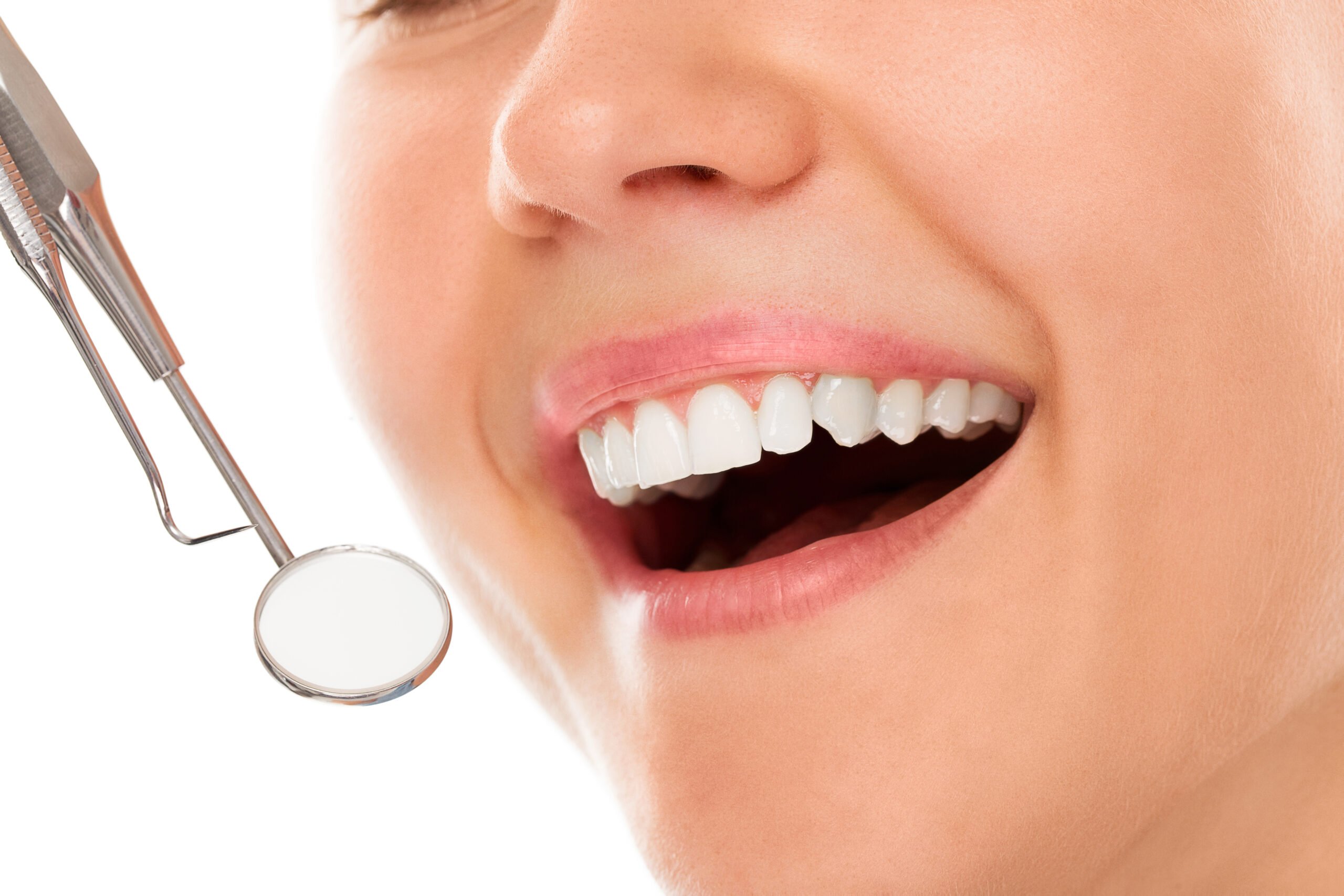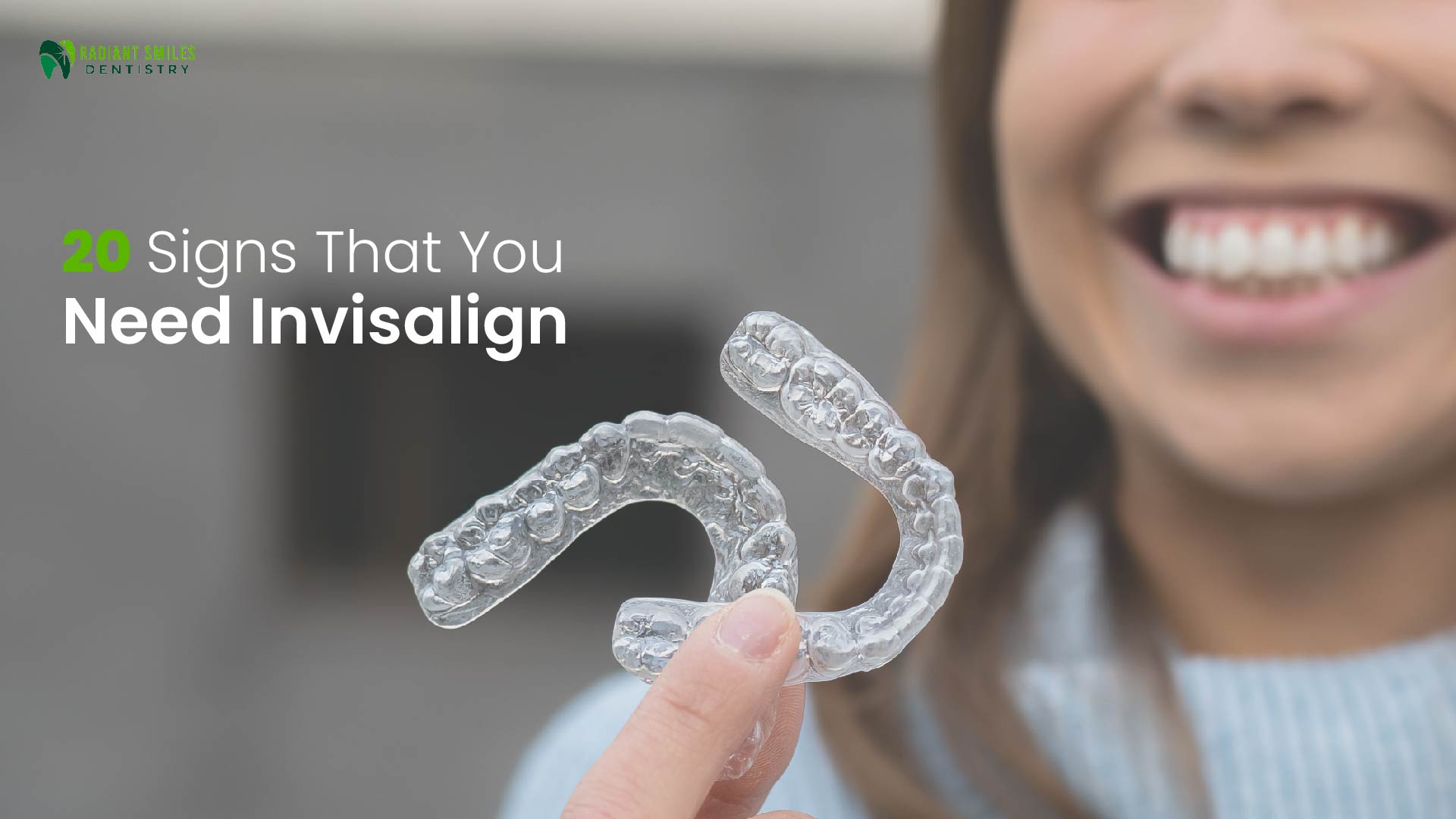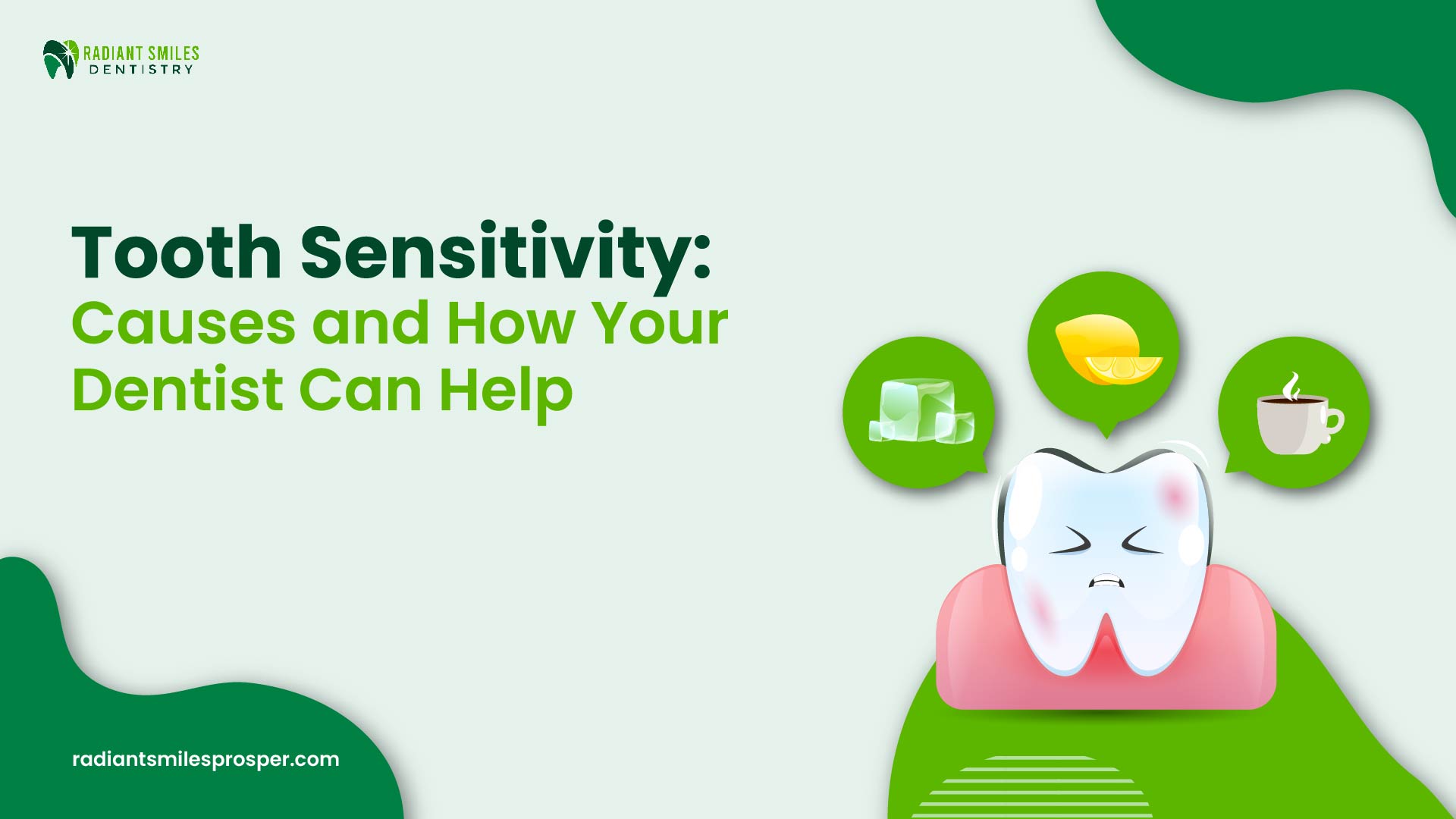Dental veneers are a popular cosmetic option for obtaining a perfect smile,...
Seven Reasons Why Your Teeth Might Be Chipping, Breaking, or Cracking

Find Out 7 Reasons Why Your Teeth Keep Breaking
The world can be a vicious place for our precious white teeth. With so many tasty treats lurking around every corner, it’s not easy keeping pearly whites safe from potential peril. Foods like walnuts and hard candy are too rigid for our teeth which could chip our tooth enamel while trying to bite them Keeping your teeth healthy and strong is an important part of a healthy lifestyle.
However, like all things in life, teeth can break and chip when put to the test. While some instances of chipped or cracked teeth might be a result of jamming on your trumpet too vigorously, other times the cause can be more sinister. The following are seven reasons why your teeth may be chipping or cracking. Take a read and see if any of these instances apply to you.
1) Consequences of Poor oral hygiene
If your teeth are stained or smelly, they may have poor oral hygiene. Brushing and flossing at least twice a day is important to help keep your teeth clean and healthy, not doing so can lead to a build-up of plaque and tartar, which can then lead to tooth decay and an increased risk of tooth cracking in half but still attached.
A dirty mouth can lead to bad breath, which can be embarrassing for you. Some signs that indicate poor oral hygiene include gum bleeding, bad breath, sticky plaque buildup, and an increased risk of tooth decay. It’s important that you also keep an eye out for signs of tooth decay such as tooth splitting in half or brown spots on the surface of your teeth, which could be a sign of cavities forming. If you see any of these signs, it’s important to contact a dental professional right away.
2) Eating hard foods can turn out to be really harmful
Biting into hard candy, walnuts, or ice, or using teeth to open packages can cause chips and cracks. Eating hard foods can put stress on your teeth and lead to chipping, breaking, or cracking. If you are eating a lot of hard foods, it’s best to limit them as much as possible. If you are already getting plenty of calcium and vitamin D, you don’t need to eat more. Instead, you should focus on softer foods that are easier to chew so they don’t chip their teeth.
3) Chewing on non-food items is not just unhealthy but destructive
This includes chewing on pencils, fingernails, or other objects that are not meant to be eaten. Chewing on non-food items can be a way to express frustration or boredom when you have nothing else to do. However, it can also lead to a tooth broken in half if you don’t chew on something that is safe for your teeth. The best thing you can do is to make sure you are chewing on something that won’t cause any harm to your teeth. You can try other things to chew on like chewing gum.
4) Acidic foods and drinks are a slow poison for your teeth
Consuming acidic beverages or foods can weaken tooth enamel and lead to chips and cracks. It occurs when a substance increases the number of hydrogen ions in the mouth. Hydrogen ions are small molecules that are created when foods and drinks break down. The pH scale measures the concentration of hydrogen ions in a solution and is an indicator of how acidic it is. A pH below 7 is very acidic, while a pH above 7 is very basic. Common sources of acidity in the mouth include coffee, tea, wine, tomatoes, citrus fruit, and cola.
5) Tooth trauma caused by accidents like falls while playing sports
If you experience a traumatic event, such as a fall, this can lead to a cracked half tooth or a chipped tooth. Sports injuries like a fall or blow to the mouth can also damage teeth. Trauma can have a number of negative effects on your teeth. One is tooth wear due to trauma causing chipping and peeling of the tooth surface. This typically occurs more often in areas where the tooth is exposed to trauma.
The damage caused by trauma isn’t usually visible until later on in life, but this may cause the tooth to become discolored, or crooked, or the front tooth broken in half. Trauma can also cause cavities because it causes a lot of wear and tear on the teeth.
Overall, trauma can cause significant damage to your teeth if it isn’t taken care of promptly. So make sure you visit the dentist immediately if you experience any pain or swelling in your mouth after a trauma.
6) Damaging habits like Teeth Grinding
If you have a habit of grinding your teeth, this can put stress on your teeth and lead to them chipping, breaking, or cracking. This can be a habit that can put a lot of pressure on the teeth, causing them to chip or break. This can happen during the day or at night and can be caused by stress or anxiety.
7) Some dental conditions that are out of your control can also cause tooth decay
Some dental conditions, such as enamel hypoplasia can make your teeth more susceptible to chipping, breaking, or cracking. Enamel hypoplasia is a dental condition that occurs when the enamel layer of the teeth is thinner than normal. It can affect both permanent and primary teeth. The enamel layer protects the tooth from bacteria, food particles, and other substances that can cause tooth decay.
There are several causes of enamel hypoplasia. Your genetic makeup may be at play in some cases. Other possible causes include:
- Eating too many snacks between meals
- Sucking on hard or sticky objects
- Using too much toothpaste or mouthwash
- Frequent brushing with harsh brushes
- Enamel hypoplasia can also be caused by other conditions such as:
- Birth defects in the mouth (such as cleft lip or cleft palate)
- Diseases such as osteoporosis/rickets and juvenile osteochondritis desiccans (JOCD)
- Nutritional deficiencies (poor diets, especially iron-poor diets)
Conclusion
While chipped, cracked, broken, or chipped teeth may not be a reason to panic, it can be more than a little concerning, especially if you have had several of these types of issues in one day. If your teeth have cracked, chipped, or broken, or you notice any other type of tooth problem, contact your doctor immediately.
The first step to addressing any tooth problems is seeing a dentist, who can determine the best course of action to take. One of the best dentists in Prosper, Texas is Dr. Sweta Sheth. You can get an appointment with her from Radiant Smiles Dentistry and get the most trusted service.
Some types of tooth damage are more serious than others, and your health depends on the severity of your condition. For example, enamel damage is one of the most common types of tooth damage, and it’s not dangerous. But if you have this type of damage and experience pain while eating or while biting into something, contact your doctor immediately. The next most common types of tooth damage are called dental erosion, cavities, and periodontal disease. If you notice any of these problems, contact your dentist. Just like other types of health problems, if your teeth are damaged beyond repair, your mouth will need to be treated with even more care to make sure your teeth can stay strong.
To book your appointment with Radiant Smiles Dentistry, you can reach us at: (469) 425-8555
| Recent Blog Post
The Role of Cosmetic Dentistry in Restoring Confidence After Tooth Loss
Dental veneers are a popular cosmetic option for obtaining a perfect smile,...
Tooth Sensitivity: Causes and How Your Dentist Can Help
Dental veneers are a popular cosmetic option for obtaining a perfect smile,...










